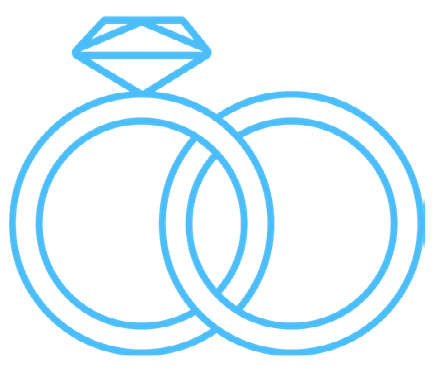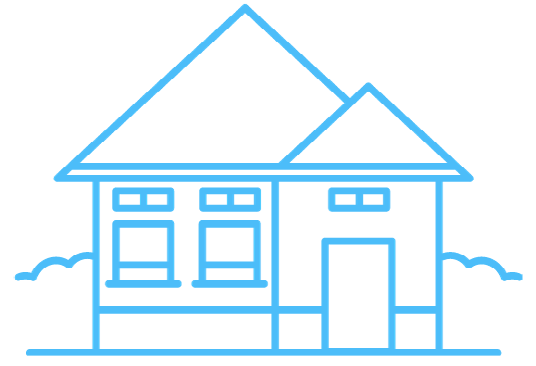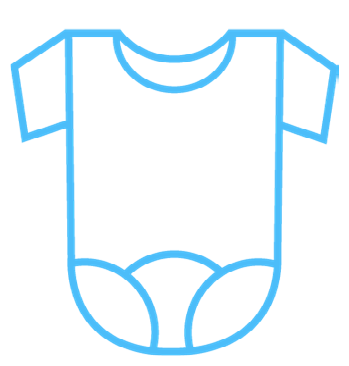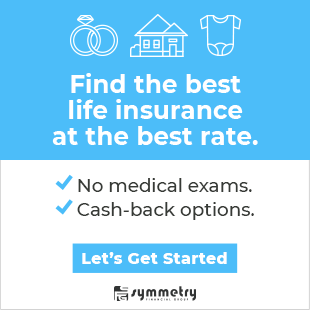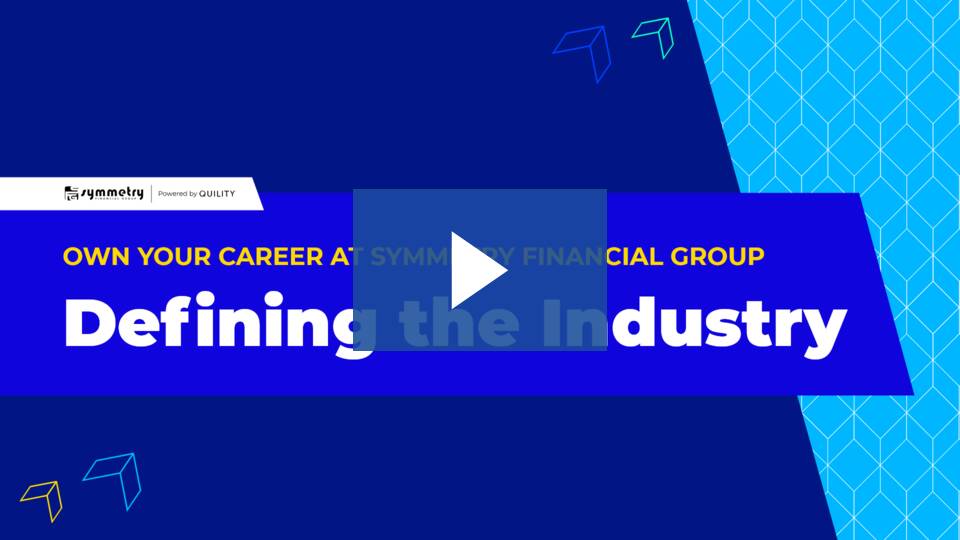Credit card debt is one of the most dangerous types of debt, and it’s one of the easiest types of debt to accumulate. If your credit card debt is causing you stress every month, now is a great time to take a closer look at your budget and find out how to
get rid of your credit card debt
for good.
If you’re interested in paying off credit card debt without spending any extra money, our
Debt Free Life solution
is here to help!
Credit card debt is one of the most toxic types of debt
Carrying any type of balance on your credit card is dangerous due to high interest rates. If you miss a payment on your credit card or carry a balance month-to-month, your credit score can be affected before you know it.
If you don’t carry a balance on your credit card or you owe a small amount compared to your credit limit, your credit score won’t be affected. If you have a high balance, usually anywhere near 30% of your credit limit, your credit score can be negatively affected.
On the FICO scale of 300-850, a bad credit score is below 670. A bad credit score makes you a high-risk borrower, meaning you could have a difficult time getting approved for loans, getting a job, and even securing a place to live.
Priority 1: Become a low-risk borrower
To start managing your credit card debt, you will want to take immediate steps to become a
low-risk borrower
. A low-risk borrower is someone with a good or excellent credit score who makes payments on time. When it comes time to approving loans, banks consider these people a lower risk than someone with a not-so-great credit score.
To become a low-risk borrower, you should:
-
Practice good spending and budgeting habits (and stick to it!)
-
Pay your bills on time
-
Try to pay off all credit card debt before any other debts - credit cards have some of the highest interest rates out there
You’ll also want to be careful with the amount of money you’re taking out on your current line of credit. This is known as the utilization ratio, and it’s another number that a lender will consider in determining if you’re a low-risk borrower. This ratio is determined by comparing how much you owe on your credit card to your credit limit.
Priority 2: Work on eliminating the debt you’re carrying
Despite all the preparedness in the world, it is still very easy to rack up credit card debt. If you’re carrying a lot of debt, the best thing you can do is to establish a plan and stick to it.
If you don’t have a lot of debt, and can stick to a strict plan, try the snowball or avalanche methods
The
“snowball” method
is a popular strategy if you have several credit card debts. Essentially, you pay the minimum balance on each of your credit cards and then work to pay off your credit card with the lowest balance. Once you finish paying off that credit card, you use the money you’d be paying down on that loan to pay off the next credit card with a low balance.
The biggest downside to the snowball method is that you will spend a lot of money paying interest over time than if you used another debt repayment method. Since you’re focusing on the smallest debts first, the costliest debts will continue to accrue interest in the meantime.
In contrast, you can try the
“avalanche” method
, which involves making minimum payments on all credit cards, then using the remaining money to pay off the next credit card with the highest interest rate. This can result in lower payments over time if you have several credit cards.
Both plans are useful, but they also require a lot of attention to detail, planning, and careful budgeting every month. If you are willing to stick to a schedule and manage your own debts, these methods could be a good place to start.
To attempt to lower your payments, reach out to your creditor
You can also try to reach out to your creditors directly. If you are a long-time customer who has made on-time payments over the years, you could have the opportunity to secure a lower monthly payment or even a lower annual percentage rate (APR).
If you have several debts + a tight budget, try the Debt Free Life program
If you want to eliminate your debt for good without spending any extra money or stressing over your budget, our Debt Free Life program can help.
With Debt Free Life, you will use the power of the cash value within a life insurance policy to pay down debts. This method allows you to continue living your life while paying down debts on a schedule that works for you.
Your life insurance policy works to pay off your debts one by one, and then the remainder of the money is purposed for your retirement savings.
View Debt Free Life Testimonials
The best part of Debt Free Life is that it’s a life insurance policy, so you are protected with comprehensive life insurance coverage while you’re paying off your debts. This provides peace of mind in knowing that you and your loved ones are protected in the event of the unexpected. In nine years or less, you’ll have zero debts and you’ll be on the path to saving for the retirement you deserve.
Take the next steps to eliminate your debt for good
We can connect you with a Symmetry agent who can meet with you online for a virtual policy review and customized debt plan.
Your agent can provide a customized plan based on your budget to help you achieve the retirement of your dreams.
Request more information on Debt Free Life today
to see how it can help you achieve your financial goals.
This article is written for informational purposes only and should not be taken as financial advice. For a detailed consultation regarding Debt Free Life, please reach out to your Symmetry Financial Group insurance agent.

